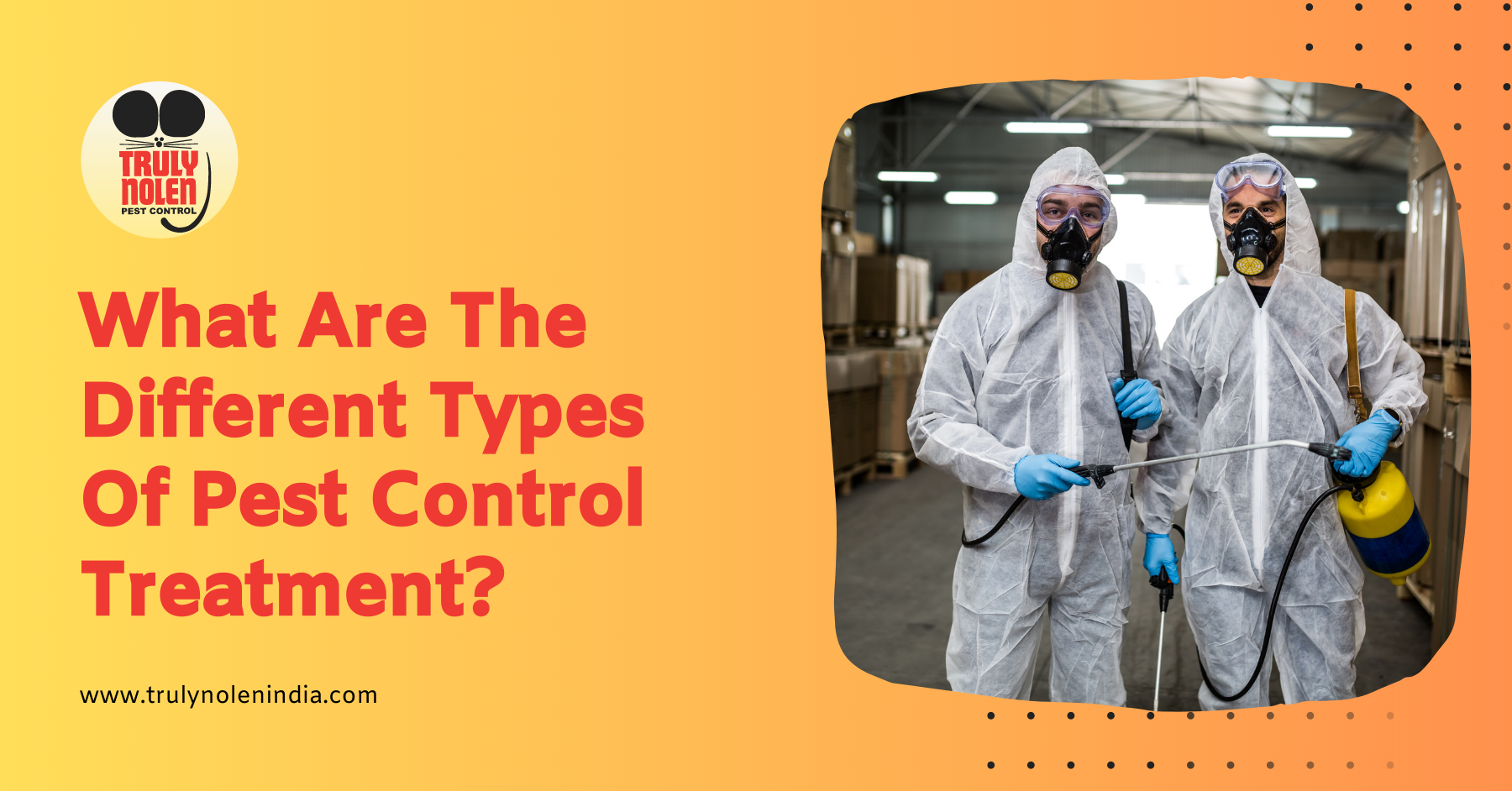Not known Facts About Pest Control
Not known Facts About Pest Control
Blog Article
The Basic Principles Of Pest Control
Table of ContentsSee This Report about Pest ControlThe Best Guide To Pest Control5 Simple Techniques For Pest ControlThe 10-Second Trick For Pest ControlSome Of Pest Control
Limitations of Chemical Management Have the ability to examine parasite problems, establish if management is essential, and make appropriate referrals using IPM strategies. Be acquainted with different approaches of insect management - their advantages and restrictions. Comprehend the value of helpful pests. It is not possibleor also desirableto rid gardens of all parasites.This phase reviews (IPM), a method that uses understanding concerning bugs and their, techniques, nonchemical techniques, and pesticides to take care of parasite issues. Added info regarding IPM for certain plants is consisted of in phases that focus on those plants. Nonchemical bug control measures are emphasized in phase 17, "Organic Horticulture." Managing birds and mammals is covered in phase 20, "Wildlife." Taking care of in the backyard and garden is covered in phase 6, "Weeds." Pests in a garden or landscape might consist of bugs and termites, weeds,, mammals, and birds.
Insects and weeds, nonetheless, play a function in the. After growing a yard or developing a lawn, the natural process of plant sequence starts to reestablish and nonnative plants.
What we call "parasites" are part of a natural system at job. Just people think about particular varieties bugs when they happen where they are not desired.
The Best Guide To Pest Control
Insects vulnerable to a chemical were swiftly eliminated, leaving immune ones to reproduce and multiply. It came to be clear that pesticides alone would not fix all pest troubles. Instead, overuse of pesticides created the development of immune pests. Researchers started to develop a new strategy to pest control. This new strategy was referred to as incorporated insect administration (IPM).
An IPM strategy enables some degree of pests in the setting. Insects are much less most likely to make it through a program that uses several techniques of reducing their populaces. Integrated bug management was very first suggested by entomologists because insects were the initial group of insects to verify tough to manage with chemicals alone.
bug and host precisely. and think about economic or aesthetic injury. A threshold is the factor at which action must be taken. a treatment approach utilizing mechanical, cultural, organic, or chemical controls, or a mix of these approaches. success of therapies. IPM has actually prolonged beyond bugs to monitoring of all pest populaces: weeds, condition microorganisms, and mammals.
The 8-Second Trick For Pest Control
Management rather than elimination of bugs is the objective. An IPM plan starts with a mindful analysis of each parasite invasion.
Clover growing in a grass may be watched as an undesirable weed, yet as a bean it is synthesizing nitrogen for the soil and the flowers are giving nectar to honey and various other. Resistance for some weeds might be component of an IPM strategy. may be eating the fallen leaves of a plant, but when they are identified as the larvae of Eastern tiger swallowtail butterflies, their damage may be tolerated so we can delight in the stunning butterfly.

The 2nd crucial device in parasite management is very early treatment. Existing and observant in the yard you could try these out makes sure very early discovery. Reacting to troubles promptly, prior to they have time to increase, requires a less dramatic intervention. The third essential device is recordkeeping; tracking what takes place in the yard enables a garden enthusiast to recognize patterns and make informed choices.
Pest Control for Dummies
Numerous safe, useful, nonchemical techniques of plant protection and pest monitoring might minimize or remove the need to spray. Other methods are most useful when used with chemicals. To implement management methods appropriately and to reduce losses, garden enthusiasts ought to understand the kinds of pests that strike plants and understand pest biology.

Performing a soil examination and applying just the suggested amount of plant food and lime takes full advantage of the advantage to the plant while reducing troubles connected to extreme use of plant food - Pest Control. resource Covering the soil with numerous inches of mulch secures the plant in numerous means: reducing soil water loss to evaporation, minimizing weed competitors, supplying nutrients, and producing a suitable environment for earthworms and bacteria that maintain the soil loose for origins and break down organic material to release nutrients
If mulch touches the trunk, it can produce a means for voles, germs, and fungis to attack the plant. Do not utilize manure or garden compost that has actually not extensively disintegrated as a leading clothing since it can motivate unwanted insects. Study recommends that tilling the dirt is harmful to dirt framework.
Some Known Details About Pest Control
If tilling is considered essential, think about doing it in the loss when the life cycles of many bugs brings them near the surface. At the surface, bugs end up being revealed to the weather as well as birds and other natural enemies. Autumn tilling can also damage bugs in crop deposits. Use disease-free and insect-free certified seeds and plants if offered.
Report this page